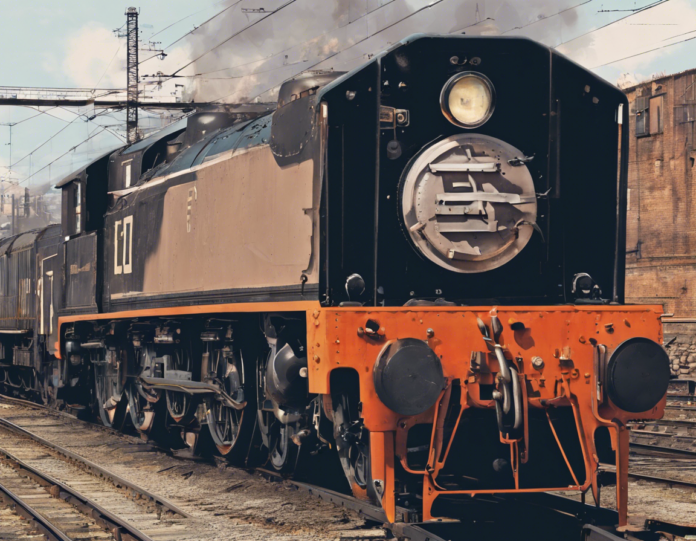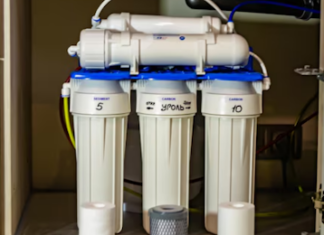If you’re passionate about trains and dream of a career as a loco pilot (also known as a train driver or engine driver), you’re in the right place. This guide will walk you through the steps to become a loco pilot, the responsibilities involved, and the qualifications required for this exciting career in the railway industry.
1. Understanding the Role of a Loco Pilot:
As a loco pilot, your primary responsibility is to operate trains in a safe and efficient manner. You will be in charge of driving the train, adhering to schedules, ensuring the safety of passengers and crew, and following all railway rules and regulations. Loco pilots play a crucial role in the transportation industry, carrying passengers and freight to their destinations across the country.
2. Educational Qualifications and Training:
To become a loco pilot, you typically need to have a high school diploma or equivalent qualification. Additionally, you must complete specific training programs offered by railway authorities to acquire the necessary skills and knowledge for operating trains. These training programs cover topics such as signaling, safety procedures, railway regulations, and hands-on experience in driving locomotives.
3. Obtain the Necessary Licenses and Certifications:
After completing the required training, aspiring loco pilots must obtain the necessary licenses and certifications to operate trains legally. In India, for example, loco pilots must hold a valid Loco Pilot License issued by the Directorate General of Shipping. This license demonstrates that the individual has met the competency standards set by the regulatory authority and is qualified to operate trains safely.
4. Gain Practical Experience:
Once you have obtained the required licenses and certifications, gaining practical experience is essential for becoming a successful loco pilot. Many railway authorities offer apprenticeship programs or on-the-job training opportunities for aspiring loco pilots to hone their skills under the supervision of experienced professionals. This hands-on experience is invaluable for understanding the nuances of operating trains in real-world scenarios.
5. Stay Updated with Industry Trends and Regulations:
As a loco pilot, it’s crucial to stay updated with the latest industry trends, technological advancements, and regulatory changes that may impact your work. Continuous learning and professional development are essential for enhancing your skills, ensuring safety compliance, and advancing your career in the railway industry.
6. Career Progression Opportunities:
As you gain experience and expertise as a loco pilot, various career progression opportunities may become available to you. These may include supervisory roles, instructor positions, or opportunities to operate different types of locomotives. By continuing to improve your skills and performance, you can advance your career and take on more challenging roles within the railway industry.
7. Job Outlook and Salary Information:
The job outlook for loco pilots is generally stable, with opportunities available in both passenger and freight services. The salary of a loco pilot can vary depending on factors such as experience, location, and the type of trains operated. According to industry data, the average salary of a loco pilot in India ranges from INR 5-10 lakhs per year, with the potential for growth based on performance and seniority.
Frequently Asked Questions (FAQs) About Becoming a Loco Pilot:
Q1: What are the physical requirements to become a loco pilot?
A1: As a loco pilot, you need to meet certain physical standards, including good eyesight, hearing, and overall physical fitness to ensure you can perform the duties safely.
Q2: Is there an age limit to become a loco pilot?
A2: The age limit for becoming a loco pilot may vary by country and railway authority, but generally, candidates should be between 20-35 years of age.
Q3: How long does it take to become a qualified loco pilot?
A3: The time it takes to become a qualified loco pilot can vary, but typically it involves completing training programs, gaining practical experience, and obtaining the necessary licenses, which may take 1-2 years or more.
Q4: What are the key skills required to excel as a loco pilot?
A4: Key skills for loco pilots include attention to detail, decision-making abilities, situational awareness, communication skills, and the ability to work well under pressure.
Q5: Are there opportunities for career advancement as a loco pilot?
A5: Yes, as you gain experience and skills as a loco pilot, there are opportunities for career advancement into supervisory roles, instructor positions, or operating different types of locomotives.
In conclusion, becoming a loco pilot is a rewarding career path for individuals passionate about trains and transportation. By following the steps outlined in this guide, acquiring the necessary qualifications, and gaining practical experience, you can pursue your dream of operating trains and contributing to the efficient movement of passengers and goods across the railway network.









